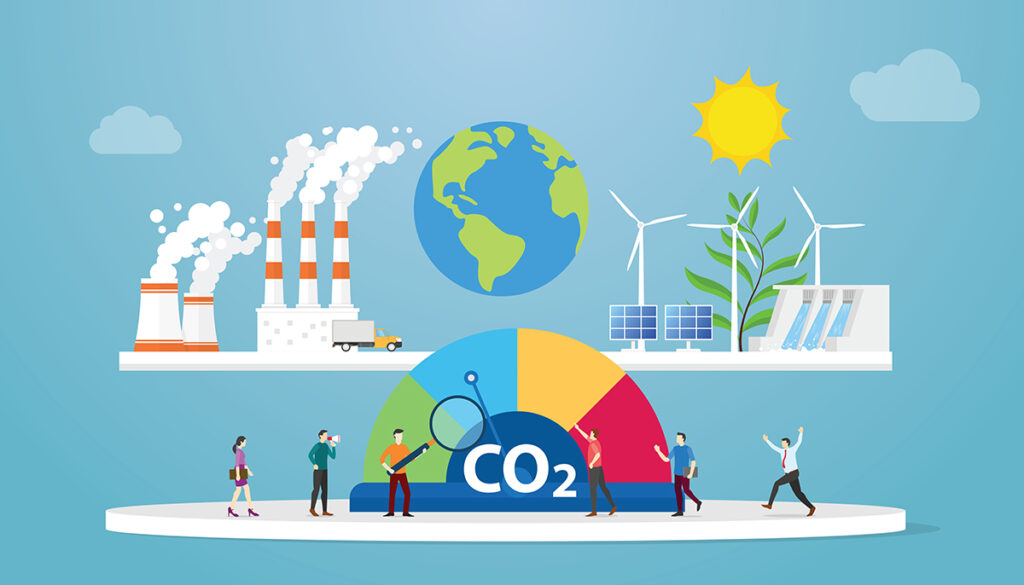On 22 September 2021, the European Central Bank (ECB) published the results of its climate stress test, which examines how resilient Europe’s companies and banks would be to climate change between now and 2050.The test’s key finding is that any delay in combating global warming will be costly for all businesses and banks.
However, such costs will hit particularly hard in certain sectors, such as agriculture, and certain countries, especially those in southern Europe. A median European firm would see its profitability fall by 40% by 2050 if no climate policy were implemented, and become 6% more likely to default during the same period, compared with a scenario in which the targets set out in the Paris Agreement are adhered to. Without strong measures, Europe’s GDP could be 10% lower in 2100 than in an “orderly transition” scenario.
The ECB is now tackling the issue head-on and viewing climate challenges as a major systemic risk.”
This key finding of the ECB’s test is nothing new: it formed the basis of the Stern Review, which was published 15 years ago! Similarly, in 2015 Mark Carney gave a speech stressing the importance of breaking the tragedy of the horizon that climate change poses to businesses, torn as they are between the need to take action based on a long-term view on the one hand, and the short-termism of our economic institutions on the other.
What is new, however, is that the ECB is now tackling the issue head-on and viewing climate challenges as a major systemic risk that could compromise the stability of our economic and commercial systems.
In spite of this, we may well ask whether the ECB has fully grasped the risks posed by climate change and the challenges that come with it. The report throws up a whole host of questions and reservations, which we analysed in detail in an op-ed.
The very idea of economic growth risks becoming quite conceptual.”
When we take all of them into account, the ECB’s warning of a possible 10% difference in GDP by 2100 seems dramatically insufficient. Taken on an annual basis, this would mean that there would be a difference of just 0.14% in annual GDP between a world where everything is done to adhere to the Paris Agreement and a scenario in which global warming is allowed to go unchecked. In contrast, the Stern Review stated that there was a risk of losing between 5 and 20% of gross world product every year, a figure that Nicholas Stern himself retracted several years later, believing that it had been underestimated…
If we are to truly take on board the work done by the Intergovernmental Panel on Climate Change (IPCC), their latest report among others, our businesses must reduce their greenhouse gas emissions drastically in order to achieve carbon neutrality and avoid a situation that is impossible to manage. This will require huge investments. If we fail to remain on a trajectory that is in principle controllable, then the very idea of economic growth risks becoming quite conceptual, and we can ask whether putting figures on these impacts in terms of GDP really means anything.
Aurélien Acquier is a professor of strategy & sustainability in the department of management at ESCP Business School as well as the associate dean for sustainability. His research deals with the integration of sustainability and social responsibility issues in complex organisational forms (transnational corporations, network organizations, platform capitalism or sharing economy).
Jérôme Creel is an associate professor of economics at ESCP Business School, and runs the research department of Sciences Po’s Observatoire français des conjonctures économiques (French Economic Observatory). His research focuses on European integration, on the macroeconomics of the euro area, and on financial stability.
